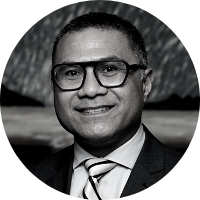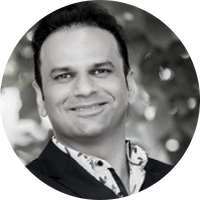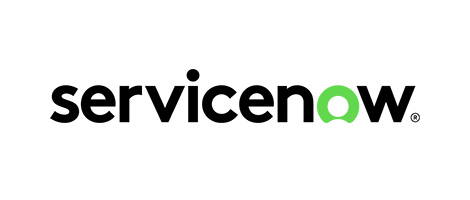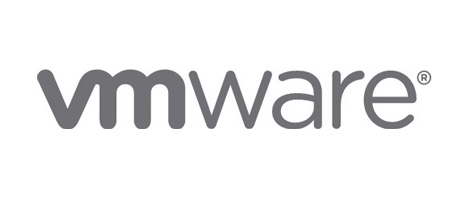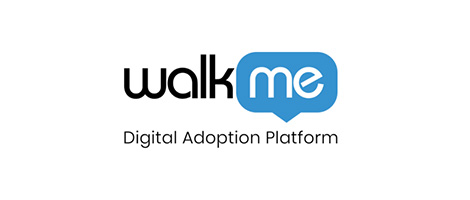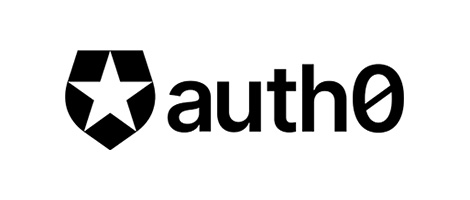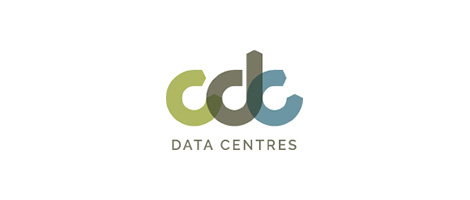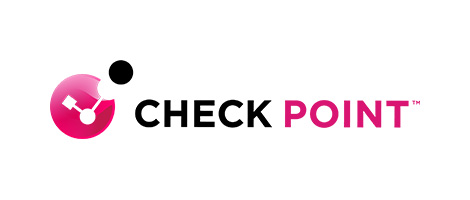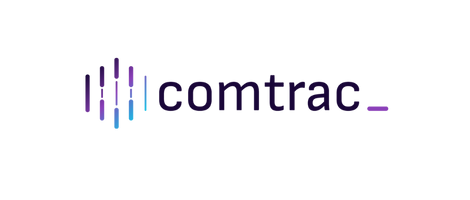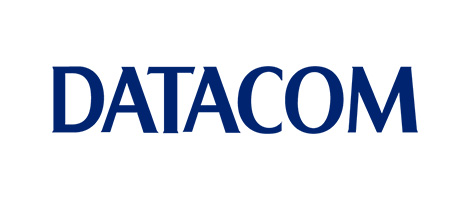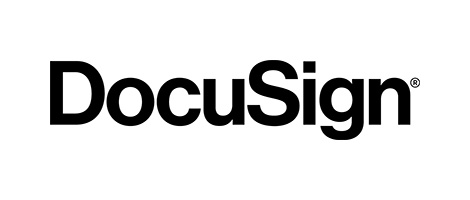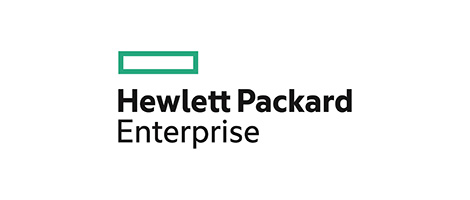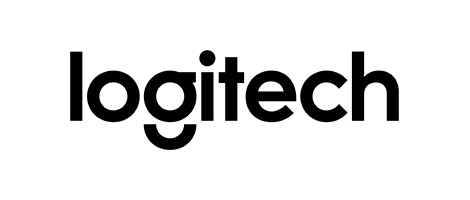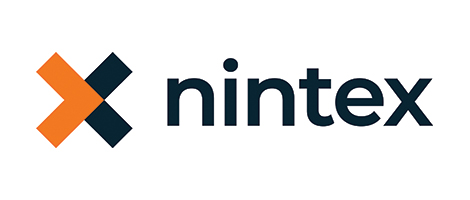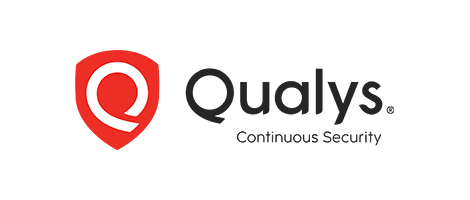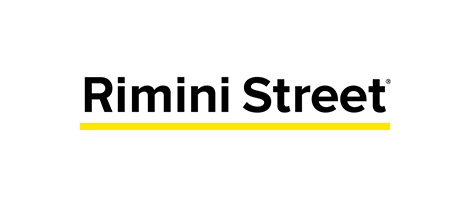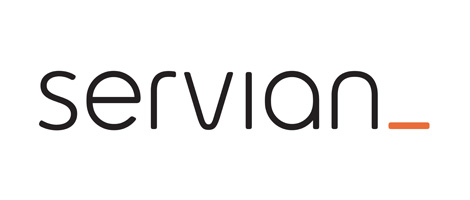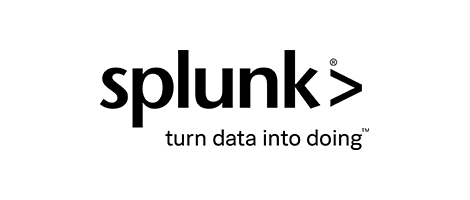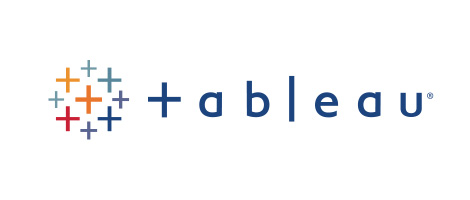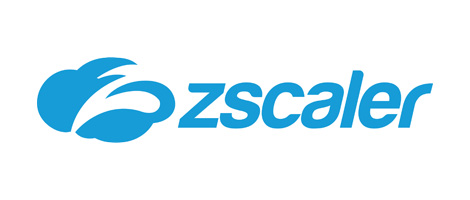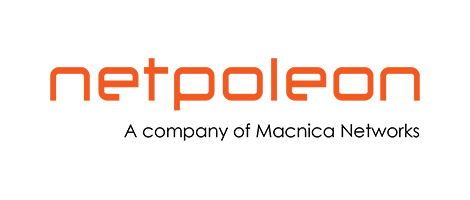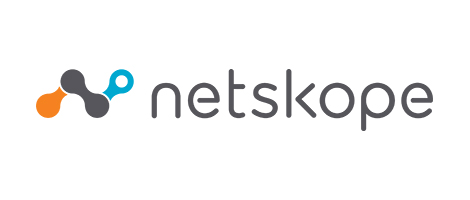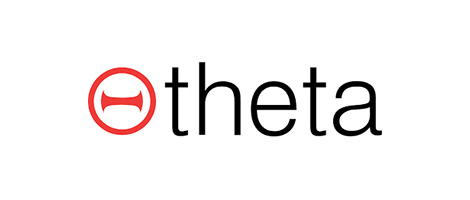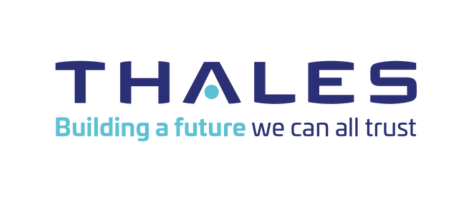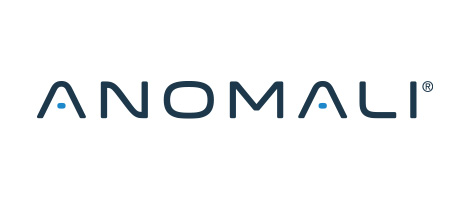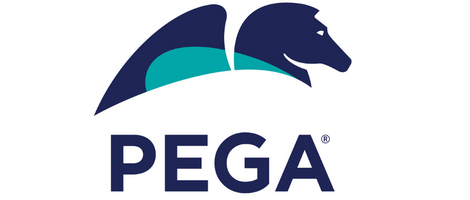Join us at our 2022 FST Government New Zealand conference, as we invite thought leaders from the public sector and tech industry to chart NZ’s ongoing progress towards a unified eGovernment and track its digital innovation pipeline and citizen reception.
It seems that the New Zealand Government is continuing its digital success stories from recent years, as it reconfigures the COVID-19 pandemic as a learning curve for how to better leverage technology to digitally-enable Government operations and citizen outcomes for the future.
Digital innovation in NZ has spread across modernising the cloud-based workplace, increasing agility in response to crises and tackling the digital divide that emerged more so during the pandemic.
These policies form part of NZ’s threefold digital government strategy, which also comprises a strategy for digital public service and a Government digital work programme with trust, inclusion and growth at the forefront. Focused on enhancing citizen literacy, experience, accessibility and connectivity, these efforts continue to drive NZ along the path of innovation and a successful digital transformation journey.
Join us where we’ll explore:
- NZ’s post-COVID recovery plan after the release of their ‘Wellbeing Budget’
- The implementation of NZ’s internal and external cloud migration strategies
- Whole-of-government digital transformation
- How digital resources support the Government’s responses to the distinct needs of citizens
- Data governance and privacy mandates
- The future of connectivity in New Zealand
- A next-generation cybersecurity strategy that is adaptive, intuitive and automated
- How do you plan for a future we don’t understand?
- How do you identify skillsets you don’t currently have in the organisation?
- How can agencies learn from each other?
- How do you look to collaborate as an Executive?
Build for the Future: The Continuous Modernisation of Government
Predicting the future is hard! And guess what? Government Agencies don't get to transform and then pause. It's a continuous evolution of keeping up with the expectations of citizens and agency stakeholders.
Today, agencies face;
- Rising demand and expectations for existing and new services
- Massive workload spikes
- Heightened media and citizen scrutiny
This session will explore how government agencies can demonstrate agility, streamline processes, and improve experiences while preparing for whatever lies ahead.
Digital Government Beyond 2022: Realising the Outcomes of Improved Capabilities, Experience and Economy
- In a post covid world, how do we see digital strategies evolving?
- Citizen-centricity: what do we truly mean by this and what defines a good experience with government?
- How do we unlock greater enterprise and technology value for the benefit of citizens?
- Becoming a digital business: the cultural shift required to become a customer-centric, connected, and agile Public Sector organisation
Why is Having a Digital Adoption Strategy a Game Changer?
Thousands of leading enterprises use WalkMe to accelerate their digital transformation strategy. Hear how our customers in New Zealand are boosting user productivity, unlocking efficiency and increasing effectiveness through leveraging digital adoption.
- What are the key opportunities for leveraging data and insights for greater public value within NZ and how do we place the citizen at the centre?
- How do we further empower citizen service delivery through data capabilities?
- Trust and confidence: how do we protect citizens data privacy but avoid critical data not being leveraged due to risk aversion?
- How do we equip and support wider technology and business groups with the right data skillsets?
The NCSC’s Manager Mission Enablement, Michael Jagusch will share insights from the NCSC’s work including an overview of the current threats facing new Zealand organisations NCSC. He will set out how the NCSC works with organisations to help increase their resilience to those threats and outline steps organisations can make to build their own cyber resilience and to be prepared for when incidents happen.
The GCSB’s National Cyber Security Centre focus is on the cyber resilience of New Zealand’s nationally significant organisations over a wide range of sectors. It offers cyber threat detection, disruption, advice and deterrence functions to support public and private sector organisations’ cyber security. Detection and disruption platforms enable visibility of a range of nationally significant organisations for advanced threats. The NCSC operates a 24/7 incident response capability to assist response to potentially high impact, nationally significant cyber security incidents. Its advisory and regulatory work includes cyber security resilience raising, resilience campaigns, threat and vulnerability assessment, and regulatory security risk assessment of telecommunications network changes, space launch activities and overseas investment. Deterrence activities include high grade cryptographic services, and inspection and accreditation for highly classified sites and systems. The NCSC supports the Government Chief Information Security Officer function, of the Director General of the Government Communications Security Bureau, providing information security policy and guidance for the public sector.
Delivering Outstanding Technology Initiatives Without Compromising on Security
- In the hope to keep up, how can government agencies set up to tackle the changing nature of risks, on an ongoing basis?
- How do we improve interactions between the business, technologies, and competing cyber strategy priorities?
- How can agencies improve resilience and shared learnings when it comes to Information Security
- What marks a well-aligned security function within the business?
Measuring the Pulse: Embracing Data to Improve Citizen Wellbeing and Engagement
- How do we turn the power of data into actionable business insights?
- How to operationalise insights gathered about our citizens to understand the impact and value of programs of work
- Strengthening clear relationships and decision-making between data, investments, and outcomes
- Supporting the infrastructure, processes and systems required to measure real-time wellbeing in Aotearoa
Lessons from the U.S. Department of Energy: IT Modernisation in a Rapidly Evolving Risk Landscape










